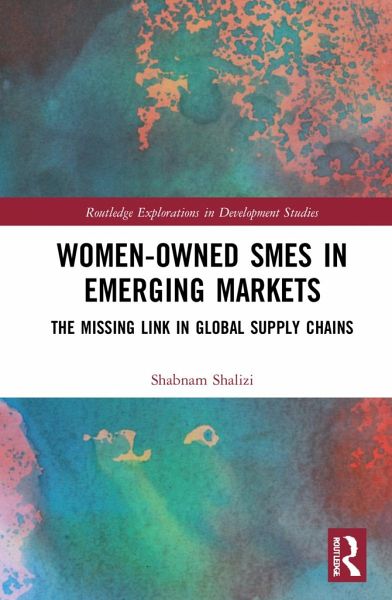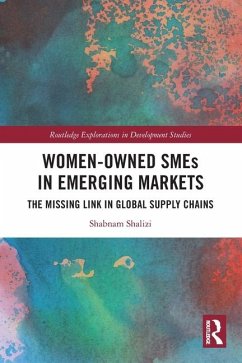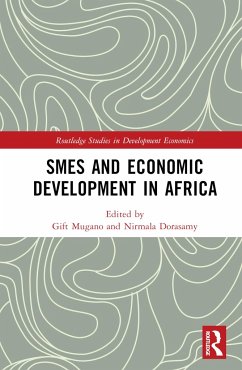
Women-Owned SMEs in Emerging Markets
The Missing Link in Global Supply Chains
Versandkostenfrei!
Versandfertig in 1-2 Wochen
167,99 €
inkl. MwSt.
Weitere Ausgaben:

PAYBACK Punkte
84 °P sammeln!
This book investigates women as business owners in emerging markets, documenting the structural difficulties they face as a result of their seeking access to global supply chains, and demonstrating the ways in which they are rewriting norms and challenging market assumptions.













